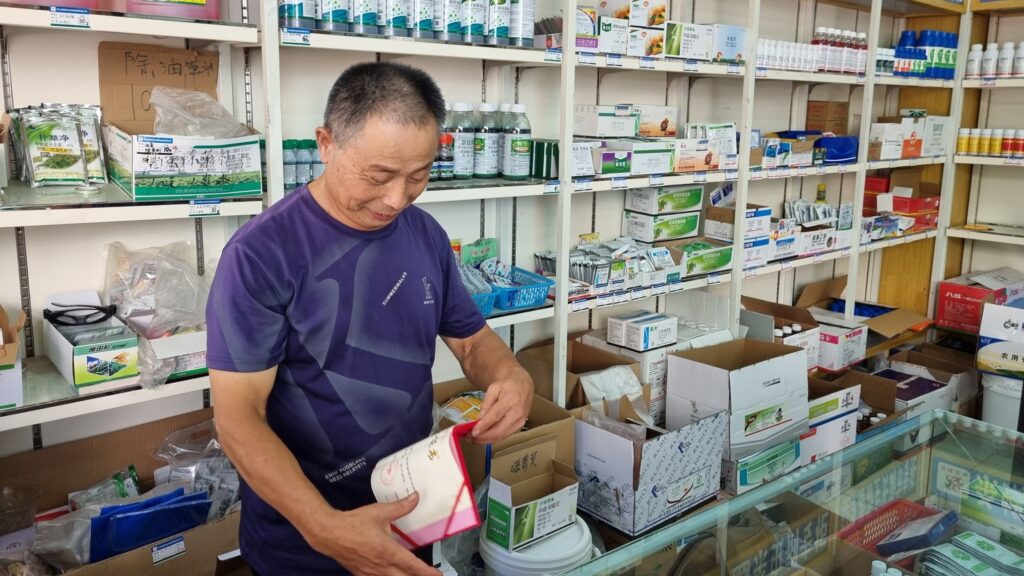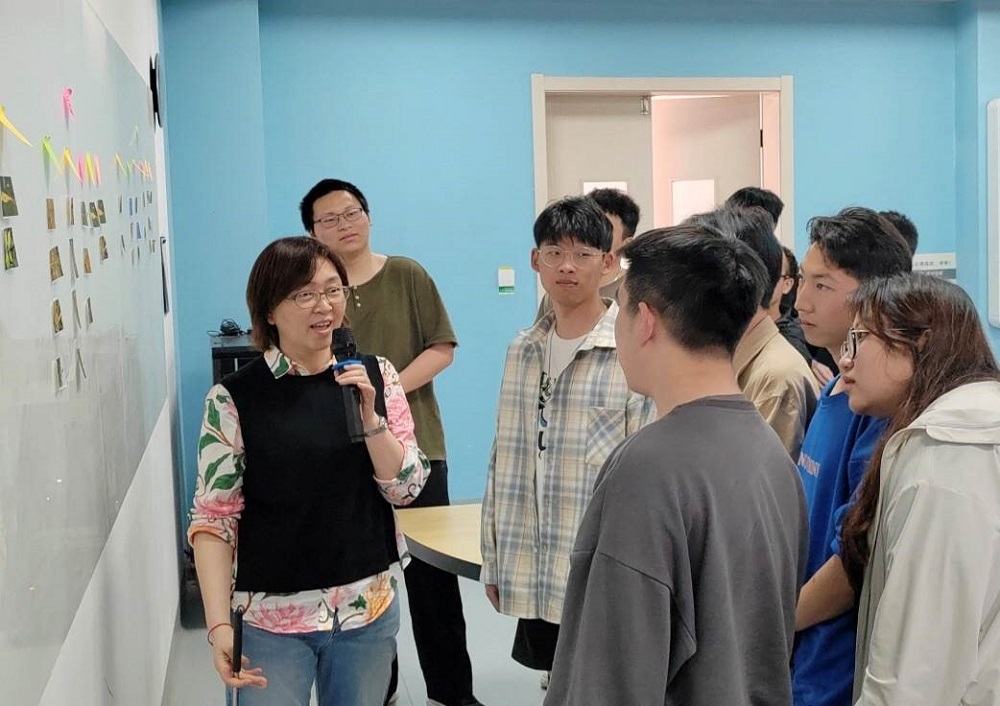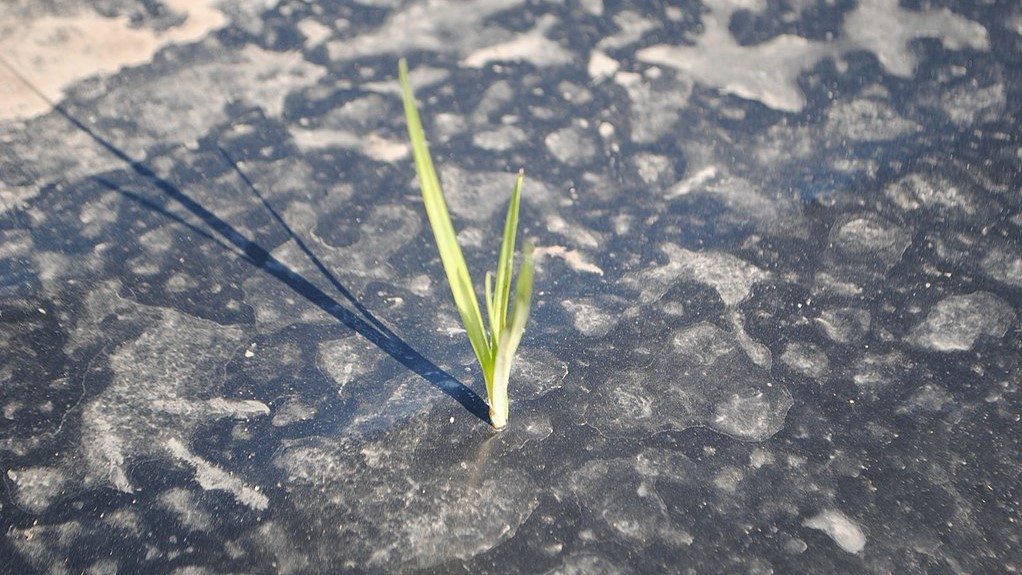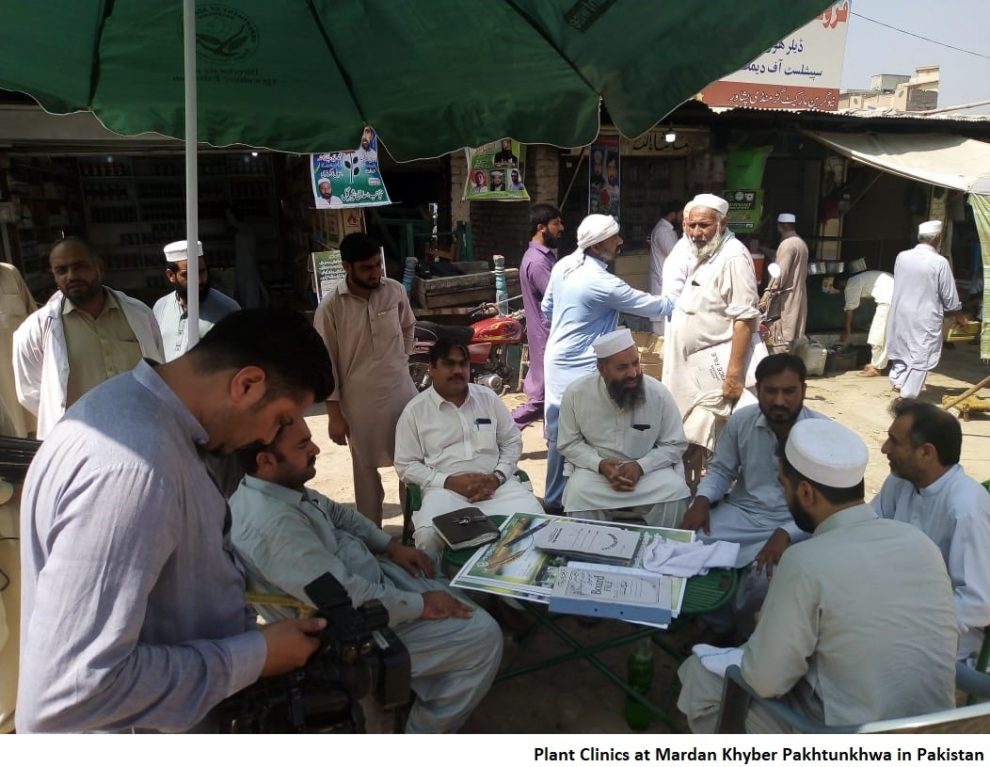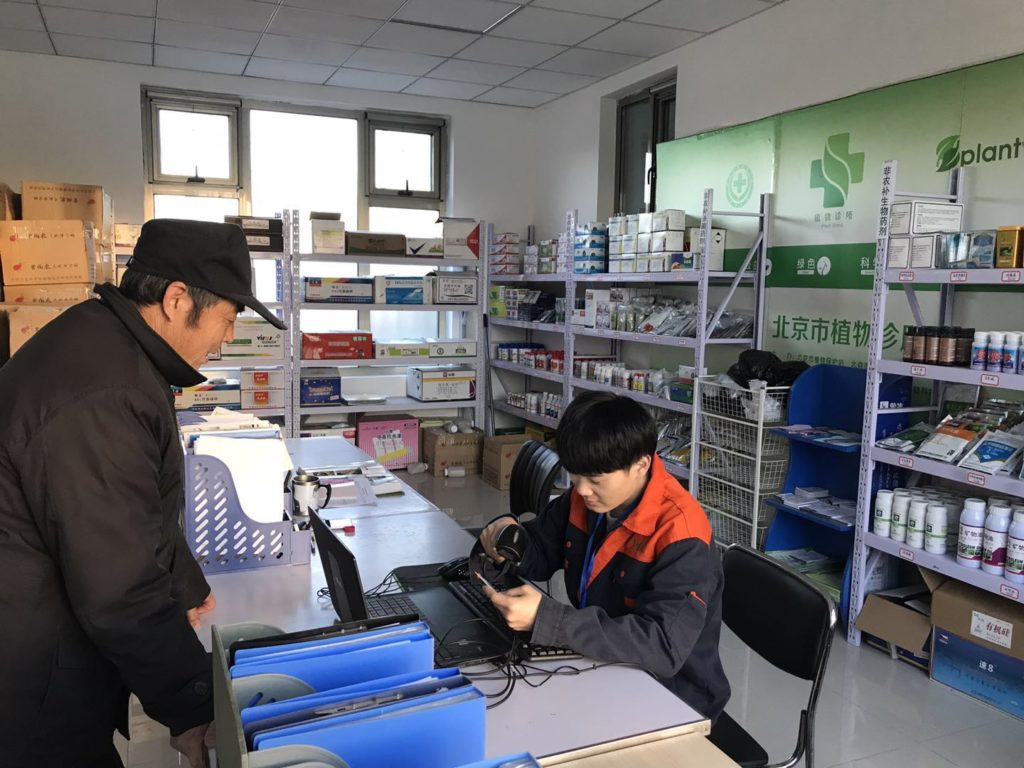Safer pesticide use: Voluntary standard for agro-dealers launched in China
On December 26, 2024, Sichuan Province launched a significant initiative: the “Establishment Specification for IPM Promotion Pesticide Stores.” Written in collaboration with local partners and PlantwisePlus, including CABI’s Dr Min Wan, this new voluntary standard aims to reform agro-shop operations in China. Starting January 1, 2025, it promotes safer pesticide use aligned with Integrated Pest…
Plastic mulch pollution in crop soil may threaten food security
Plastic debris could harm crop health in long term Plastic mulching involves the use of thin plastic sheeting to conserve moisture and boost temperatures in soil. Commonly used in arid, cooler climates such as China, it has been shown to improve crop health and yield. With water conservation becoming an increasing global priority, plastic mulch…
Asian Farmers Consult Vibrant E-Plant Clinic Network In Pandemic Times
This article was originally published on aesa – Agricultural Extension in South Asia E-Plant clinics are meeting places where local agricultural advisory officers, known as plant doctors, help farmers struggling with plant pests and diseases. During the COVID-19 pandemic, plant clinics continued to provide advisory services to farmers by going online. Malvika Chaudhary shares her…
Biological controls viable alternative to pesticides for rice farmers in China
Between 2011 and 2015, CABI set up 22 Trichogramma rearing facilities as part of a project to promote the use of biologically-based Integrated Pest Management (IPM) for rice and maize crops. In addition to creating the Trichogramma rearing facilities, IPM strategies for rice and maize were developed in Southwestern China, Laos and Myanmar.
CABI collaborates on new research which suggests crop pests more widespread than previously known
Insects and diseases that damage crops are probably present in many places thought to be free of them, new research shows. Pests that have not been reported in a certain area are usually assumed to be absent, but analysis by the University of Exeter shows many pests are “currently unobserved, but probably present” (a likelihood…
‘Green Super Rice’: Improving smallholder incomes and reducing hunger across Asia and Africa
Scientists and crop breeders in China have produced new varieties of rice called ‘Green Super Rice’ (GSR) to help tackle the global burden of increasing populations, food production and farmer incomes with its 20% increase in yield across varying challenging growing conditions.
CABI-led £1.6 million collaboration helps reduce China’s reliance on harmful pesticides
A CABI-led project involving an international team of remote sensing and plant protection experts is helping China reduce its reliance on harmful pesticides to fight crop pests and diseases including yellow rust fungal disease of wheat and locusts. The £1.6 million STFC Newton Agri-Tech Fund-financed project is leaving a lasting legacy in helping the Chinese Government…
Swapping Pesticides with Beetles Could Put Money in Farmers' Pockets
By Wei Zhang. Reblogged from Agrilinks. Every time you see a ladybug—also known as the ladybird beetle—you should tuck it in your wallet as a lucky charm to bring prosperity, according to the folklore of many countries. There’s a grain of truth in the old stories. Research shows that each ladybird in a cotton field in…

